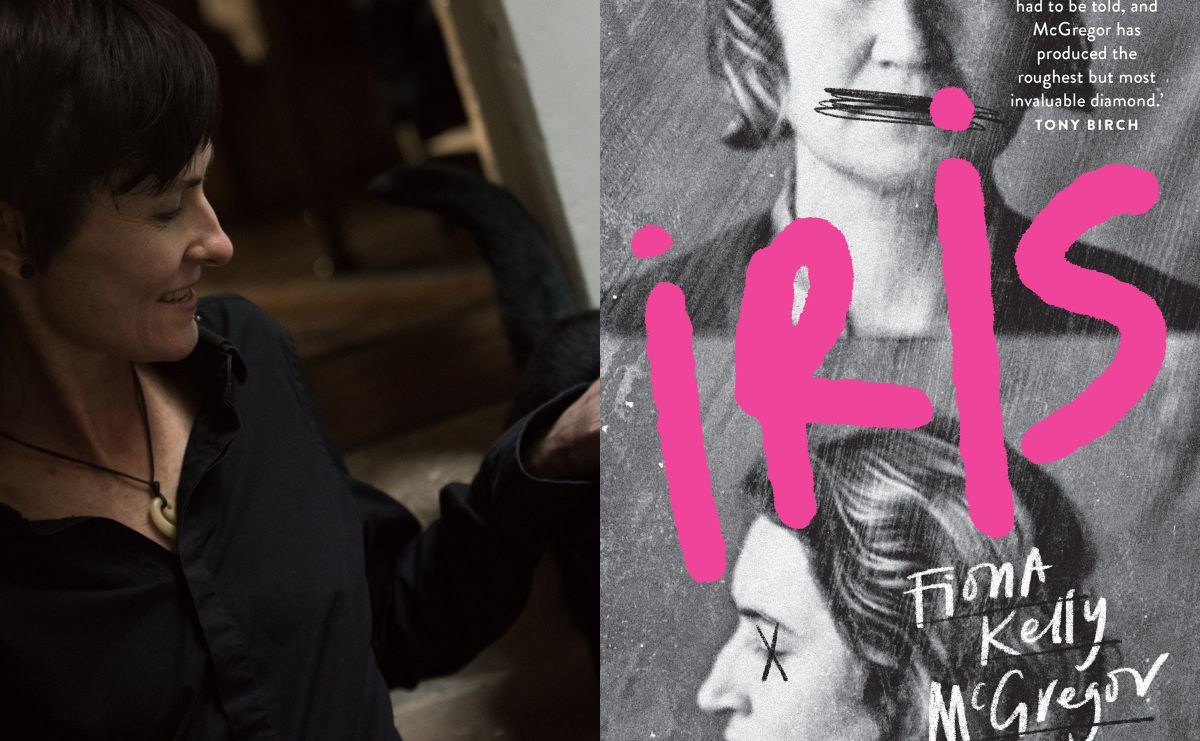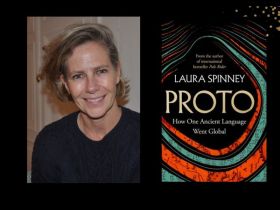Who is Iris Webber? Fiona Kelly McGregor’s newest book asks this question, following the tumultuous life of the titular Iris, one of Sydney’s notorious but lesser-known criminals.
Once called ‘the most violent woman in Sydney’, Iris explores the controversial and unconventional life of Webber throughout the 1930s. It refuses to shy away from the crimes committed by Webber and those around her but also reflects the difficulties marginalised groups face. Iris also offers an unflinching view of life in Sydney during the Depression.
Iris interrogates how these marginalised groups, including Indigenous Australians, migrants, women and the LGBTQ+ community, were disproportionally criminalised by society and frequently forced into precarious positions to make a living.
When we first meet Iris as she arrives in Sydney, she is somewhat naive – a country girl from Glen Innes, overwhelmed by the big city. However, over the course of the novel, she is quickly drawn into the underworld of 1930s Sydney. She begins as a sex worker and eventually becomes a professional thief, a sly-grogger and an illegal busker.
Iris jumps back and forth in time, shifting between the protagonist’s time in prison and on trial for murder, and the years leading up to these events, piecing together the context of her actions. As the situation becomes clearer, readers must work out for themselves if they think she is innocent or guilty.
Written in the vernacular of 1930s Sydney, Iris effectively evokes the underbelly of the city and its inhabitants. While some of the slang is occasionally obscure or confusing, it adds a sense of authenticity and a uniquely Australian representation of the time.
Written as an accompaniment to an analytical thesis on Webber’s story, Iris is meticulously researched and provides a richly detailed depiction of every element of daily life during the era.
While the novel contains instances of discriminatory behaviour – including racism, sexism and homophobia – McGregor skillfully represents the beliefs of the time as they were, for the sake of historical accuracy, whilst simultaneously managing to subtly challenge them.
While Webber, and several of her associates (including her lover) were involved in sex work, this portion of their lives is represented sensitively. The dangers and discomfort women faced in this profession are not glossed over, but the relative freedom it afforded them is also highlighted.
Freedom is a key theme in the novel, highlighting Iris’ many brushes with the law and the constant threat of arrest and imprisonment hanging over the heads of those around her. Iris condemns how inhabitants of ‘rough’ areas were often forced into crime to stay afloat, causing them to be targeted by the police. Iris herself was especially unfairly treated – her lack of a husband drew suspicion, and her relationship with another woman was condemned as ‘perversion’.
Despite this, Iris’s relationship with her lover adds an emotional dimension to the book. Her love, longing, and jealousy transform her from a stereotypical ‘tough moll’ into a woman with deep and complex emotions.
Read: Theatre review: Ghost Stories
While the structure and use of language are at times confusing, Iris provides a fascinating insight into the intriguing life of one of Sydney’s less widely known historical figures. For those interested in a detailed and hard-hitting depiction of the difficulties faced by women and minorities less than a century ago, Iris is well worth a read.
Iris by Fiona Kelly McGregor
Publisher: Pan Macmillan
ISBN: 9781760787684
Format: Paperback
Pages: 464pp
Publication Date: September 2022
RRP: $34.99





